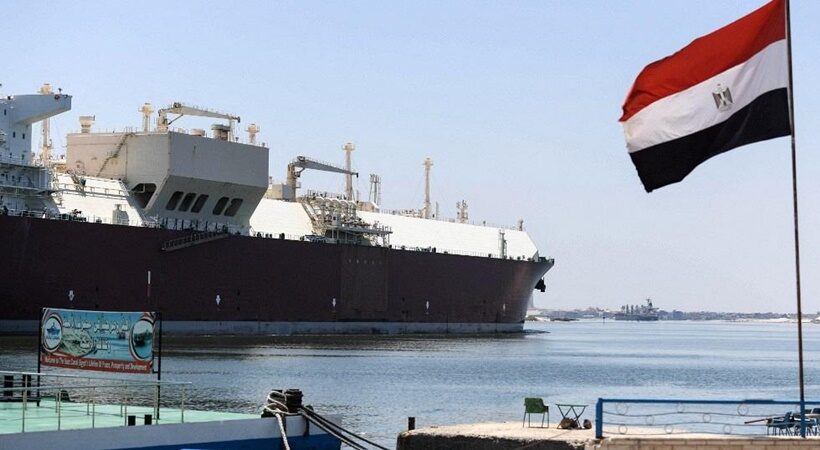Egypt has hiked transit fees from March 1 2022 onwards for ships passing through the Suez Canal, one of the world’s most crucial waterways.
The Suez Canal Authority stated on its website that the increases were “in line with the significant growth in world trade” and cited the “development and improvement of the transit service” of the canal.
According to a statement, transit fees for ships carrying liquefied petroleum gas, chemicals, and other liquid bulk products have increased by 10%.
It was stated that vessels carrying vehicles, natural gas, and general cargo, as well as multipurpose vessels, will see a 7% increase, while a 5% hike will be levied on oil tankers and dry bulk vessels.
These increases could be revised or cancelled at a later date, depending on developments in global shipping.
The canal authorities have been working to widen and deepen the southern part of the waterway, where a huge ship ran around and closed the canal in March 2021.
The six-day blockage had disrupted global shipments. Some ships were forced to take the long route around the Cape of Good Hope at the southern tip of Africa, incurring extra fuel and other costs. Hundreds of other ships waited on-site for the blockade to end.
About 10% of world trade, including 7% of oil, passes through the Suez Canal, which links the Mediterranean and the Red Sea. For Egypt, the canal, which was first opened in 1869, is a source of national pride and foreign exchange.
Authorities said 20,649 ships passed through the canal last year, a 10% increase from the 18,830 ships in 2020. The canal’s annual revenue reached $6.3 billion in 2021, the highest figure in its history.
In January 2022, 1,713 ships passed through the waterway, bringing in $545 million in revenue, according to Admiral Osama Rabie, head of the Suez Canal Authority.
In February 2021, 1,532 ships passed through the canal, earning $474 million. The shipping industry is still under pressure from the pandemic, and the war in Ukraine may add to global economic concerns.
Authorities have been working on widening and deepening the canal after a huge container ship ran aground in the waterway in March 2021 disrupting global trade. The ship was impounded for three months whilst Egypt and the owners agreed to a compensation deal. Egypt estimated that it took a $14-15 million hit due to the blockage.
In February, the Suez Canal Authority Chairman, Osama Rabie announced that the two-way section of the canal would be extended from 71 kilometres to 82 kilometres, which would increase the capacity by six lanes.
Around 12 percent of global trade passes through the Suez Canal, carrying over $1 trillion worth of goods every year.
The expansion of the Suez Canal is one of the Egyptian government’s vanity projects, along with building new capital and expanding bridges.
These large-scale infrastructure projects have been a bid to attract support and extend the military’s hold over the economy. In many cases, they have not helped the economy grow, as promised.



















